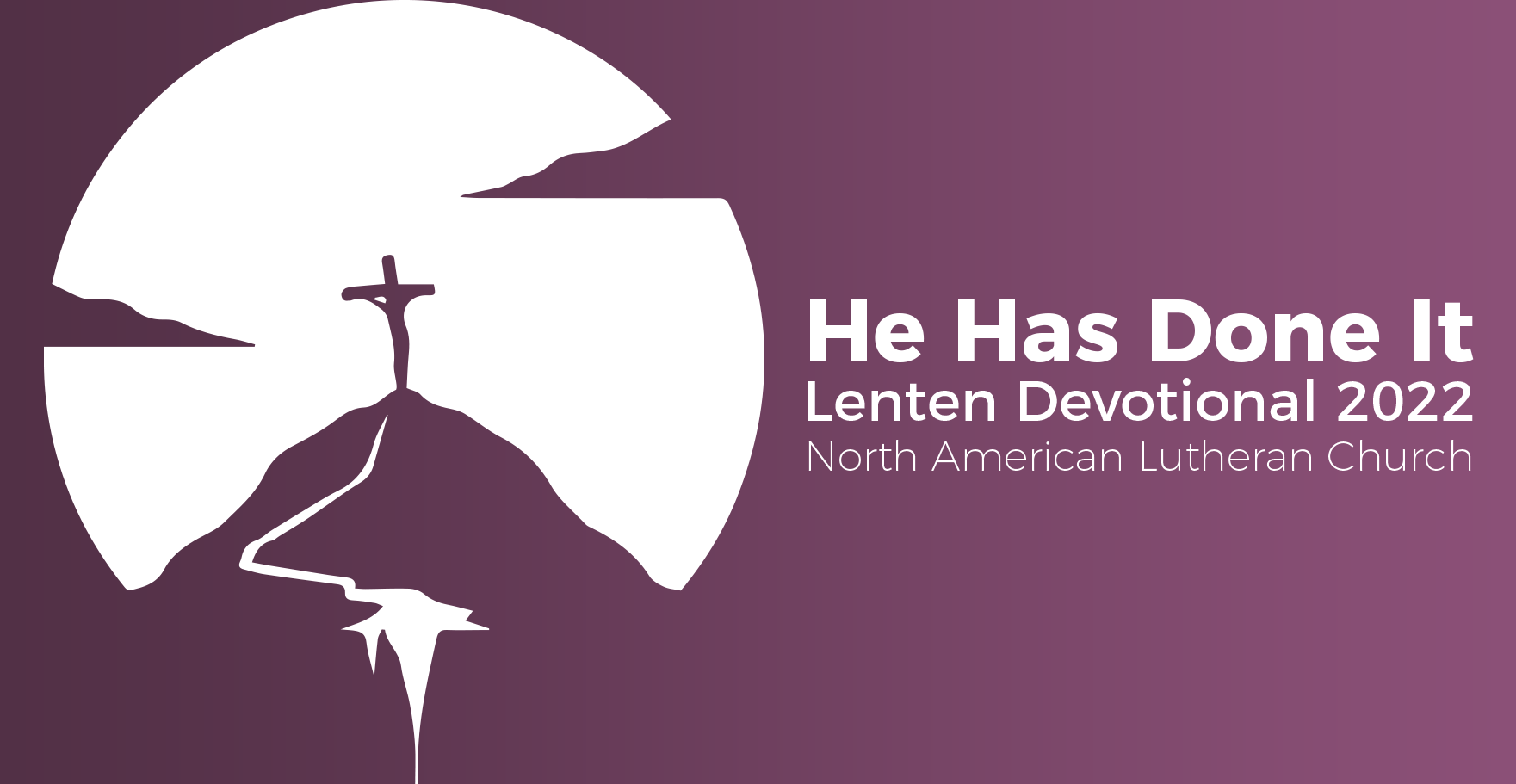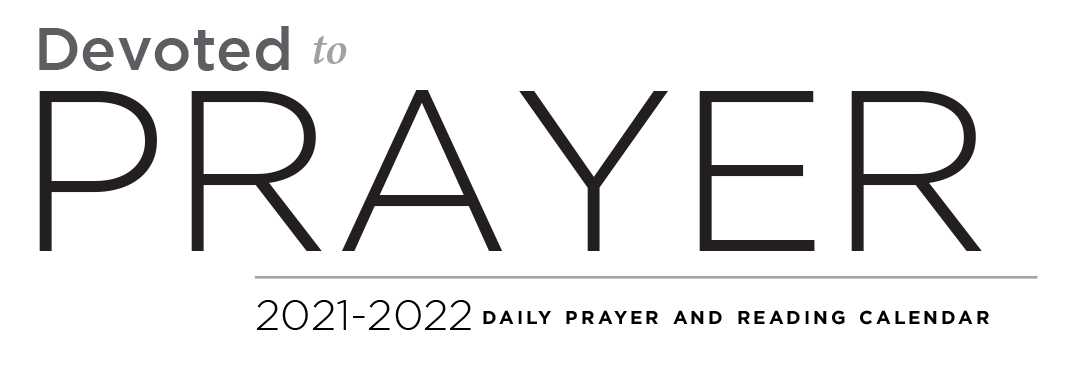
34:1 “I will bless the Lord at all times; his praise shall ever be in my mouth. 2 I will glory in the Lord; let the humble hear and rejoice. 3 Proclaim with me the greatness of the Lord; let us exalt his name together. 4 I sought the Lord, and he answered me and delivered me out of all my terror. 5 Look upon him and be radiant, and let not your faces be ashamed. 6 I called in my affliction, and the Lord heard me and saved me from all my troubles. 7 The angel of the Lord encompasses those who fear him, and he will deliver them. 8 Taste and see that the Lord is good; happy are they who trust in him! 9 Fear the Lord, you that are his saints, for those who fear him lack nothing. 10 The young lions lack and suffer hunger, but those who seek the Lord lack nothing that is good. 11 Come, children, and listen to me; I will teach you the fear of the Lord. 12 Who among you loves life and desires long life to enjoy prosperity? 13 Keep your tongue from evil-speaking and your lips from lying words. 14 Turn from evil and do good; seek peace and pursue it. 15 The eyes of the Lord are upon the righteous, and his ears are open to their cry. 16 The face of the Lord is against those who do evil, to root out the remembrance of them from the earth. 17 The righteous cry, and the Lord hears them and delivers them from all their troubles. 18 The Lord is near to the brokenhearted and will save those whose spirits are crushed. 19 Many are the troubles of the righteous, but the Lord will deliver him out of them all. 20 He will keep safe all his bones; not one of them shall be broken. 21 Evil shall slay the wicked, and those who hate the righteous will be punished. 22 The Lord ransoms the life of his servants, and none will be punished who trust in him.
– Psalm 34:1-22 LBW
Psalm 34 is a psalm of thanksgiving for deliverance. It is rare psalm in that we are given the direct context: this is a song of David when he pretended to be insane before Achish, the Abimelech (or King) of the Philistines in Gath (see 1 Samuel 21). In the Psalm, we note that although David literally acted like a madman to get out of a tricky situation, he recognized here in his prayer that the true deliverance and salvation from his enemies came at the hands of the Lord. There are three unique Messianic lines in this psalm that should fill our hearts with joy:
- “Taste and see that the Lord is good; happy are they who trust in him” (v. 8)! Calling upon the numerous stories in the biblical tradition, David is emphasizing that the Lord is the sustenance for His people, the One who gives them nourishment through Himself as food and drink. In our Genesis passage today, we read that Joseph’s family is cared for by the Lord in the midst of famine, and even after terrible events of calamity in Joseph’s life which sent him to Egypt, he tells his brothers that the Lord used them for good. Over four hundred years later, after God’s people leave Egypt with Moses, the Lord gives them their “daily bread” of manna from heaven to sustain them. All of these emphasize that God is the source of our life and existence, and we can trust in Him to sustain us. They also foreshadow the Eucharist, where Jesus gives His own body and blood as nourishment for His people in the bread and wine.
- “The Lord is near to the brokenhearted and will save those whose spirits are crushed” (v. 18). The only other time we read similar words are in Isaiah 61 — a prophecy about the coming mission of the Lord’s “Anointed One” (“Messiah” or “Christ”) — and in Luke 4, where Jesus states in His very first sermon in the synagogue that He is this Anointed One who has come to “heal the brokenhearted” (v. 18; kjv).
- “He will keep safe all his bones; not one of them shall be broken” (v. 20). While the Lord is near to the brokenhearted, His Anointed One will suffer greatly but not have a single bone broken. During the first Passover meal, the Lord instructed Moses to sacrifice a lamb, but not to break a single bone in the sacrifice (Exodus 12:46; Numbers 9:12). Much later, when Jesus dies on the cross, it is the Roman practice to break the legs of those being crucified to speed up their deaths (this is done to the two thieves crucified with Christ), but as Jesus was already dead, they did not break any of his bones. John tells us explicitly that this was done to fulfill the Messianic prophecy found here in Psalm 34: Jesus, the Anointed One, is the true Passover Lamb who guides His people from death into life (John 19:33-36). In the Lutheran tradition, this is why we explicitly follow Jesus’ practice and His words when He breaks bread, but gives His body by saying, “This is my body, given for you,” during the Eucharist (Matthew 26:26; Mark 14:22; Luke 22:19; 1 Corinthians 11:24). This is a great celebration of His victory over sin, death, and the devil! Even more incredible, note that He did this for you!
As we reflect on the astonishing depths of meaning found in Psalm 34, and we continue to journey through Lent on our way towards Holy Week and Easter, let us prepare to rejoice with Paul words in our 1 Corinthians reading today, “For Christ, our Passover lamb, has been sacrificed. Let us therefore celebrate the festival, not with the old leaven, the leaven of malice and evil, but with the unleavened bread of sincerity and truth” (vv. 7-8).
Prayer: “Lord, graciously hear us, for we seek you alone. Calm our bodies and minds with the peace which passes understanding, and make us radiant with joy; through your Son, Jesus Christ our Lord. Amen” (Lutheran Book of Worship).
Devotion written by the Rev. Andrew S. Ames Fuller
Morning Psalms
Evening Psalms

This daily prayer and Bible reading guide, Devoted to Prayer (based on Acts 2:42), was conceived and prepared by the Rev. Andrew S. Ames Fuller, director of communications for the North American Lutheran Church (NALC). After a challenging year in the midst of the COVID-19 pandemic, we have been provided with a unique opportunity to revitalize the ancient practice of daily prayer and Scripture reading in our homes. While the Reading the Word of God three-year lectionary provided a much-needed and refreshing calendar for our congregations to engage in Scripture reading, this calendar includes a missing component of daily devotion: prayer. This guide is to provide the average layperson and pastor with the simple tools for sorting through the busyness of their lives and reclaiming an act of daily discipleship with their Lord. The daily readings follow the Lutheran Book of Worship two-year daily lectionary, which reflect the church calendar closely. The commemorations are adapted from Philip H. Pfatteicher’s New Book of Festivals and Commemorations, a proposed common calendar of the saints that builds from the Lutheran Book of Worship, but includes saints from many of those churches in ecumenical conversation with the NALC. The introductory portion is adapted from Christ Church (Plano)’s Pray Daily. Our hope is that this calendar and guide will provide new life for congregations learning and re-learning to pray in the midst of a difficult and changing world.
